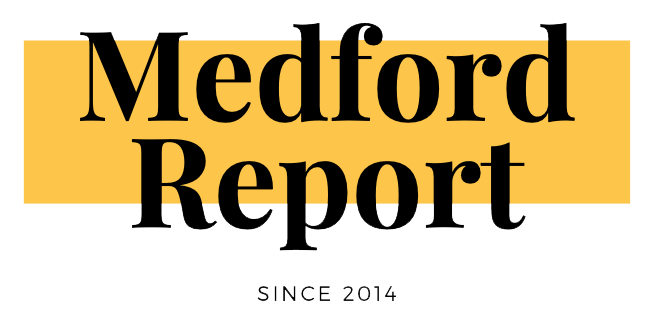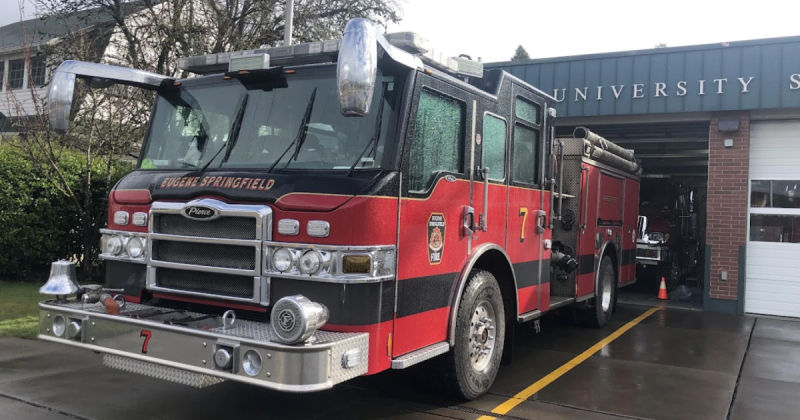Eugene, OR – Eugene City officials are grappling with an ongoing budget crisis, as expenses continue to outpace revenue growth. To address the shortfall, city leaders have proposed a new fire fee, which would charge the average resident approximately $10 per month and businesses around $38 per month. The proposal, which aims to help bridge the gap in the city’s budget for the upcoming fiscal year, is now facing delays after significant public outcry.
City Manager Sarah Medary introduced the fire fee as part of a broader strategy to tackle the city’s financial difficulties. With state law limiting property tax increases, Eugene has had to find alternative revenue sources in recent years. In addition to the expanded stormwater fee, the city has sold surplus property and left positions vacant to cut costs. However, these measures have proven insufficient to keep pace with the growing budget deficit.
“The cost of services is rising faster than the revenue coming in,” Medary said in a recent budget update. “If we don’t take action now, we’ll be forced to make significant cuts to essential services.”
The proposed fire fee is designed to help fund fire and emergency services, which make up a significant portion of the city’s budget. Several other Oregon cities, including Salem, have introduced similar fees in response to stagnant revenue growth and rising expenses.
However, the proposal has faced significant resistance from Eugene residents. Critics argue that another fee could place an undue burden on households already struggling with the rising cost of living. In response to this pushback, some members of the city council have called for additional time to consider the proposal and engage with the public.
Originally, a vote on the fire fee was expected to take place in December, but councilors have postponed the decision. The delay means the issue may fall to incoming Mayor Kaarin Knudson, who will take office in January. Knudson, who campaigned on a platform of fiscal responsibility and transparency, will need to navigate the delicate balance between securing new revenue and addressing public concerns over additional financial burdens.
City leaders have emphasized the urgency of resolving the budget shortfall before the end of the fiscal year, which ends in June. Without additional revenue, officials warn that Eugene could face significant cuts to services, including public safety, parks, and maintenance programs.
As the deadline looms, Eugene residents will be watching closely to see whether the proposed fire fee moves forward or if alternative solutions emerge. With city officials under pressure to find new funding sources, the debate over how to balance fiscal stability with community needs is likely to remain a central issue in the months ahead.

